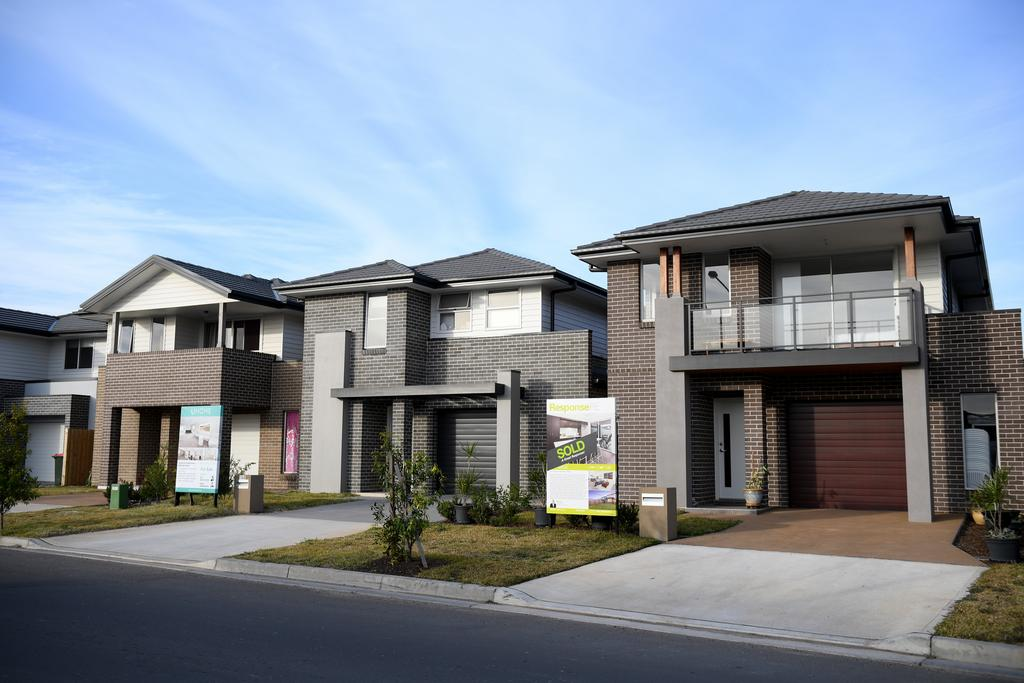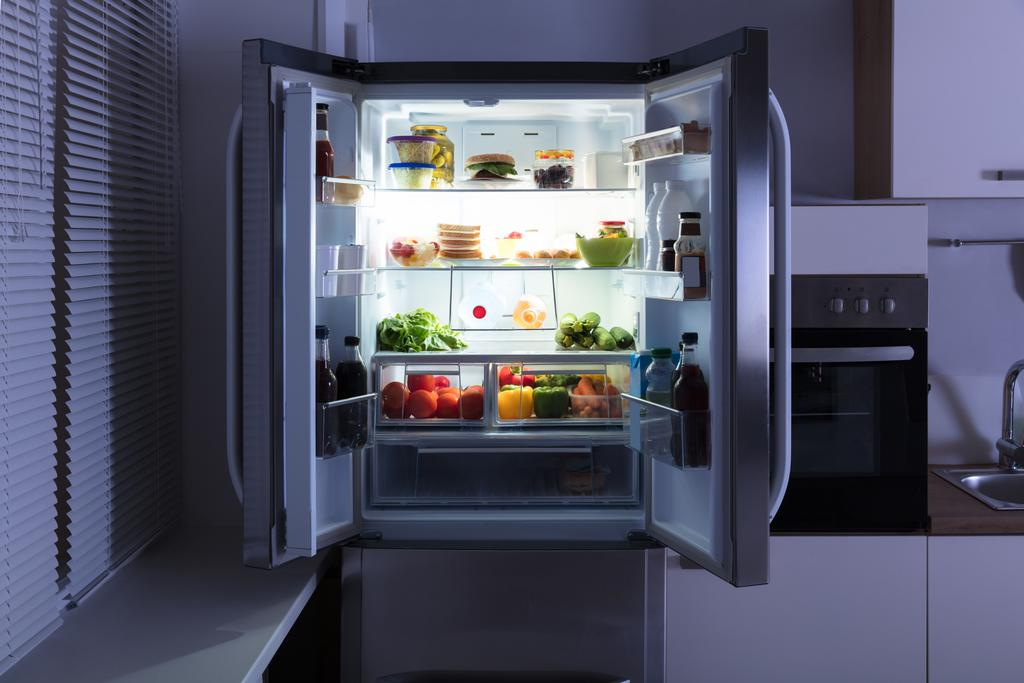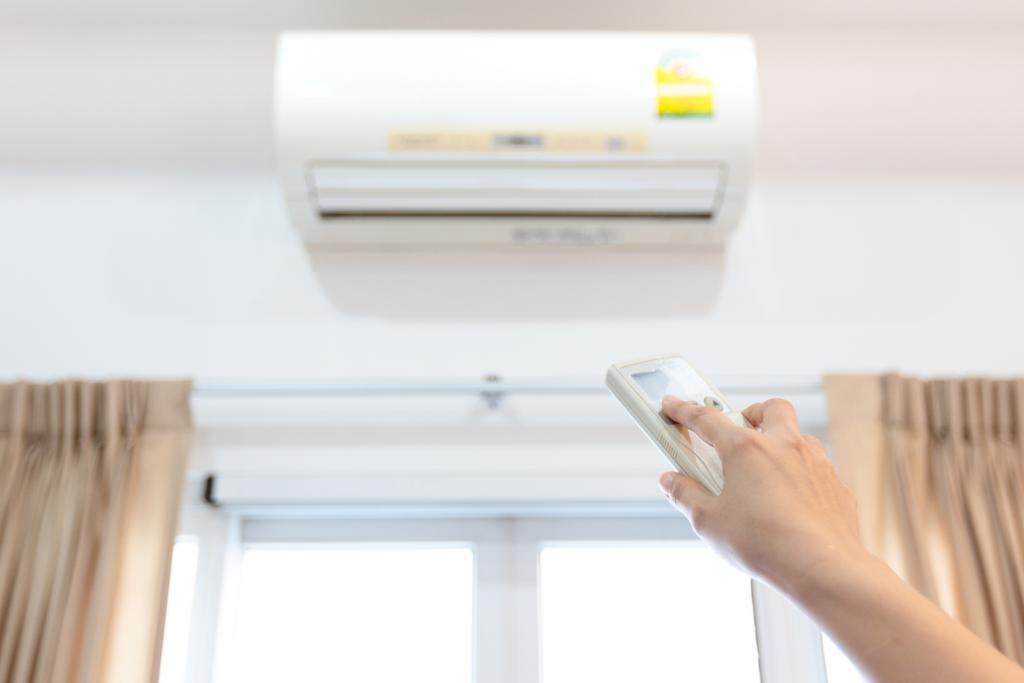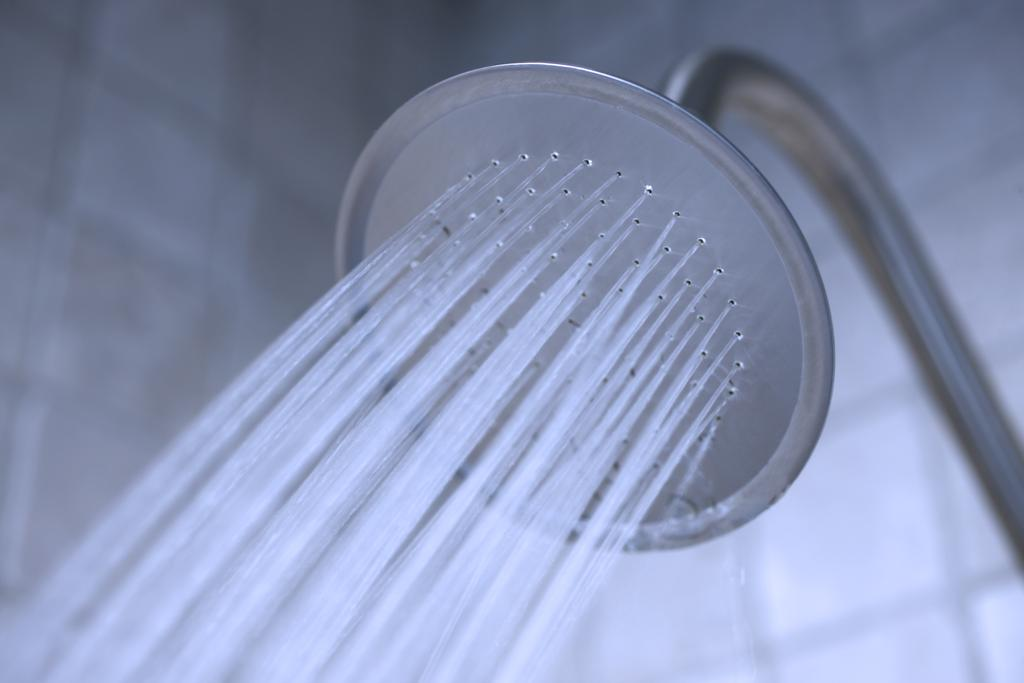Future-proof your home: Here's how to deal with common household problems!
- Replies 0
Being a homeowner (or a renter) can be pretty difficult and challenging at times.
Aside from the big problems that come up from time to time, there are also a lot of smaller maintenance problems that happen more often. If you live with your grandkids or have pets at home, the number of problems tends to grow by a lot!
Daniel Wroclawski, who writes about homes and appliances for Consumer Reports, knows how hard it is when things go wrong at home. He says it's never fun, and more often than not, things can get very scary and stressful.
Because of this, he is here to offer some advice to help you, whether you rent or own your home, deal with everyday household problems peacefully.

Whether you own your own home or are a renter, you'll have your share of chores and issues to deal with. Credit: DAN HIMBRECHTS/AAPIMAGE. (Stock photo)
Plumbing problems
'For a burst pipe or leak, the first thing you want to do is shut off the water,' Wroclawski said. 'With your home, that is usually accessible. But if you're renting, it might not be, in which case you need to get a hold of your landlord or building manager as quickly as you can.'
If the problem is your responsibility, Wroclawski advises that you contact a plumber or, if necessary and within your budget, an emergency response plumber.
He pointed out that the longer the water is allowed to gush out and pool, the greater the amount of damage that will be done.
'Standing water is just not a laughing matter. It can cause mould and mildew and eventual health issues,' Wroclawski added. 'If they're not responsive within a few hours, you want to start going to someone else.'
If you're on your own to deal with things, the first course of action is to remove as much water as you can.
A water pump, available at most home improvement stores, can be used to divert the water from the drain and into a nearby sink or bathtub. This way, all the water that comes out will go straight to your drainage.
Next, get to work drying up the area as quickly as possible by turning on any available fans and opening any nearby windows.

Check the condenser coils on the back of the fridge if it's not cold enough. Credit: AndreyPopov/Getty Images/iStockphoto.
Appliance breakdowns
Wroclawski recommended inspecting the condenser coils in the back of the refrigerator if you find that the temperature inside is warmer than usual.
He said that because condenser coils can become dusty, you should remove your refrigerator from the wall every six months to vacuum the coils.
If you don't take care of that buildup right away, your refrigerator may not chill as effectively and may have to work harder, which could result in equipment malfunctions.
Smoke and carbon monoxide detectors
Check to see if your smoke or carbon monoxide detector is still in good working order if it is beeping excessively, said Wroclawski. According to him, carbon monoxide detectors should be changed every five years and smoke detectors every eight to ten years.
If the detectors you have are battery-operated, you need to ensure that the batteries are kept fresh.
Maintenance workers may be required to do any necessary replacements if you are renting out your home.

All HVAC systems need annual maintenance. Credit: Sac C Wat'hn Buy Thna Thwi Phl //Getty Images/EyeEm.
Heating, cooling and ventilation systems
David Heiman, senior director of training at The Refrigeration School, Inc, recommended annual maintenance for all HVAC systems.
'Most residents experiencing an issue will first notice a lack of cooling or heating,' Heiman said, addressing both apartments and homes. 'Residents may also notice the units running for extended periods of time and/or swings in indoor temperatures.'
He went on to say that other common causes of AC failure include clogged condensate lines, leaking refrigerant, unclean or obstructed condensing coils, and faulty electrical components, including motors, capacitors, relays, and even contractors.
If your filter gets dirty, you can either replace it yourself or have your landlord or maintenance team do it. However, some of the more challenging issues may require the assistance of experts.

If you don't have hot water, your water heater may need replacement. Credit: GETTY.Water heater
Wroclawski says that if you aren't getting hot water, it's possible that your water heater has a broken part or needs to be replaced entirely.
Apartment dwellers should contact the building's management office. If you have a house and it needs plumbing work, you should get in touch with a professional.
'Another thing to keep in mind is that if it's a gas-powered water heater, it could be that the pilot light is out, in which case you would have an actual gas leak issue. That's very dangerous,' Wroclawski warned.
If you see that the lights are out, it's best to leave your home and call the fire station or gas company. Their workers will check for gas leaks.
You might be curious about what is the reasonable pricing for such services if you have little to no experience with house maintenance.
Wroclawski said that with some of these problems, time is very important, so you'll probably just have to bite the bullet and pay what they're asking.
However, he said that if you have the time, you should look into other options and acquire estimates from several different service providers. He indicated that this would be to your advantage, and could future-proof your hard-earned home!
So there you have it, folks! As always, we wish you the best of luck and hope these hints prove useful. Although we hope that we will never need them in the future…
If you have more to share with us, feel free to leave them in the comments!
Aside from the big problems that come up from time to time, there are also a lot of smaller maintenance problems that happen more often. If you live with your grandkids or have pets at home, the number of problems tends to grow by a lot!
Daniel Wroclawski, who writes about homes and appliances for Consumer Reports, knows how hard it is when things go wrong at home. He says it's never fun, and more often than not, things can get very scary and stressful.
Because of this, he is here to offer some advice to help you, whether you rent or own your home, deal with everyday household problems peacefully.
Whether you own your own home or are a renter, you'll have your share of chores and issues to deal with. Credit: DAN HIMBRECHTS/AAPIMAGE. (Stock photo)
Plumbing problems
'For a burst pipe or leak, the first thing you want to do is shut off the water,' Wroclawski said. 'With your home, that is usually accessible. But if you're renting, it might not be, in which case you need to get a hold of your landlord or building manager as quickly as you can.'
If the problem is your responsibility, Wroclawski advises that you contact a plumber or, if necessary and within your budget, an emergency response plumber.
He pointed out that the longer the water is allowed to gush out and pool, the greater the amount of damage that will be done.
'Standing water is just not a laughing matter. It can cause mould and mildew and eventual health issues,' Wroclawski added. 'If they're not responsive within a few hours, you want to start going to someone else.'
If you're on your own to deal with things, the first course of action is to remove as much water as you can.
A water pump, available at most home improvement stores, can be used to divert the water from the drain and into a nearby sink or bathtub. This way, all the water that comes out will go straight to your drainage.
Next, get to work drying up the area as quickly as possible by turning on any available fans and opening any nearby windows.
Check the condenser coils on the back of the fridge if it's not cold enough. Credit: AndreyPopov/Getty Images/iStockphoto.
Appliance breakdowns
Wroclawski recommended inspecting the condenser coils in the back of the refrigerator if you find that the temperature inside is warmer than usual.
He said that because condenser coils can become dusty, you should remove your refrigerator from the wall every six months to vacuum the coils.
If you don't take care of that buildup right away, your refrigerator may not chill as effectively and may have to work harder, which could result in equipment malfunctions.
Smoke and carbon monoxide detectors
Check to see if your smoke or carbon monoxide detector is still in good working order if it is beeping excessively, said Wroclawski. According to him, carbon monoxide detectors should be changed every five years and smoke detectors every eight to ten years.
If the detectors you have are battery-operated, you need to ensure that the batteries are kept fresh.
Maintenance workers may be required to do any necessary replacements if you are renting out your home.
All HVAC systems need annual maintenance. Credit: Sac C Wat'hn Buy Thna Thwi Phl //Getty Images/EyeEm.
Heating, cooling and ventilation systems
David Heiman, senior director of training at The Refrigeration School, Inc, recommended annual maintenance for all HVAC systems.
'Most residents experiencing an issue will first notice a lack of cooling or heating,' Heiman said, addressing both apartments and homes. 'Residents may also notice the units running for extended periods of time and/or swings in indoor temperatures.'
He went on to say that other common causes of AC failure include clogged condensate lines, leaking refrigerant, unclean or obstructed condensing coils, and faulty electrical components, including motors, capacitors, relays, and even contractors.
If your filter gets dirty, you can either replace it yourself or have your landlord or maintenance team do it. However, some of the more challenging issues may require the assistance of experts.
If you don't have hot water, your water heater may need replacement. Credit: GETTY.
Wroclawski says that if you aren't getting hot water, it's possible that your water heater has a broken part or needs to be replaced entirely.
Apartment dwellers should contact the building's management office. If you have a house and it needs plumbing work, you should get in touch with a professional.
'Another thing to keep in mind is that if it's a gas-powered water heater, it could be that the pilot light is out, in which case you would have an actual gas leak issue. That's very dangerous,' Wroclawski warned.
If you see that the lights are out, it's best to leave your home and call the fire station or gas company. Their workers will check for gas leaks.
You might be curious about what is the reasonable pricing for such services if you have little to no experience with house maintenance.
Wroclawski said that with some of these problems, time is very important, so you'll probably just have to bite the bullet and pay what they're asking.
However, he said that if you have the time, you should look into other options and acquire estimates from several different service providers. He indicated that this would be to your advantage, and could future-proof your hard-earned home!
So there you have it, folks! As always, we wish you the best of luck and hope these hints prove useful. Although we hope that we will never need them in the future…
If you have more to share with us, feel free to leave them in the comments!







